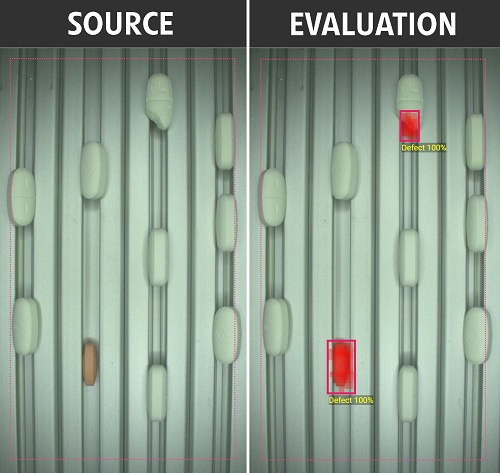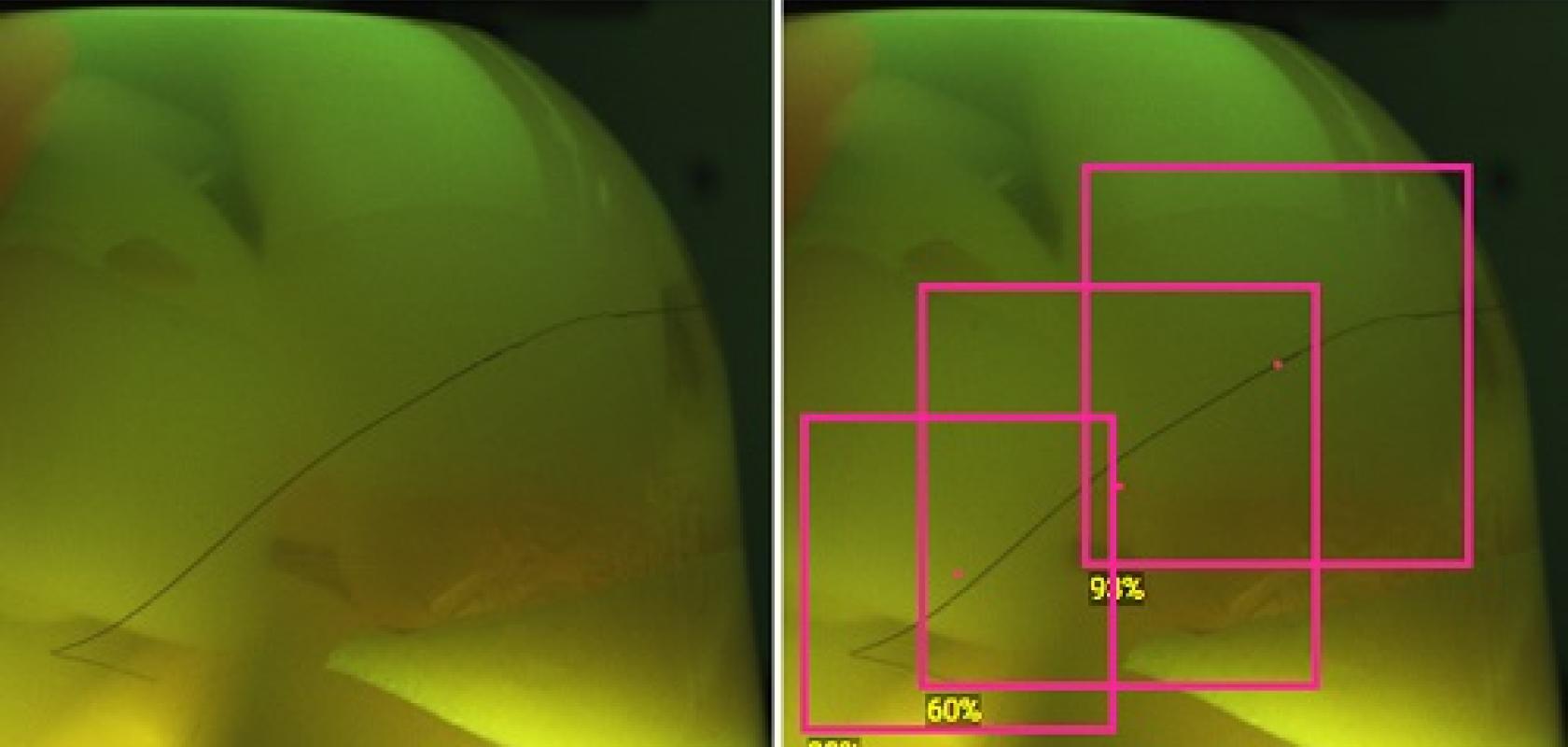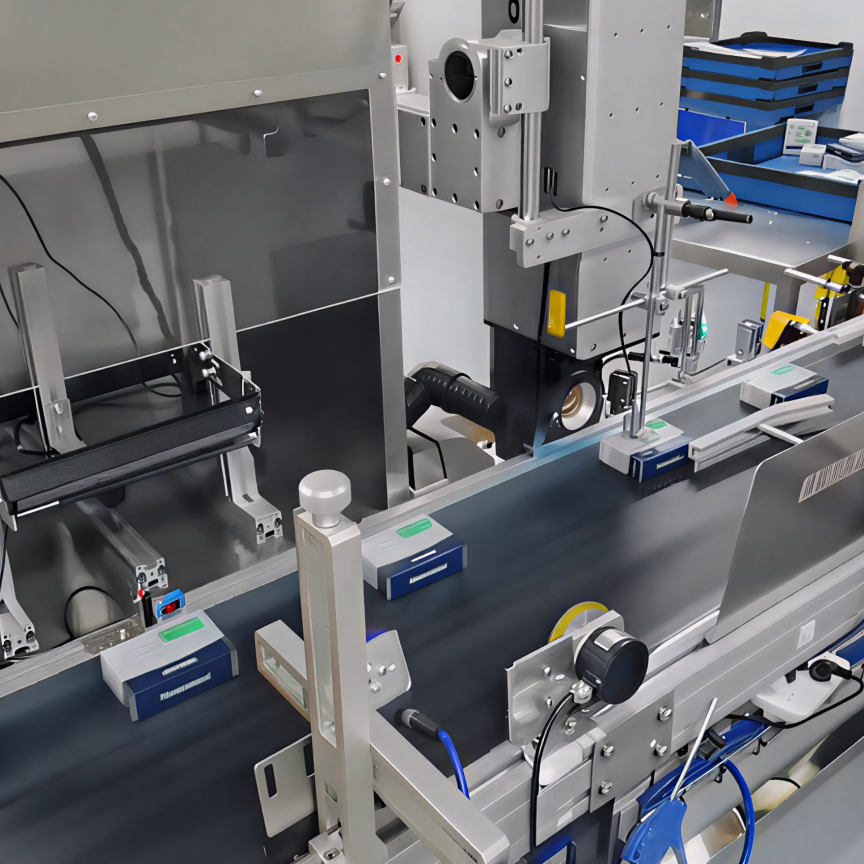Czech firm Pekat Vision writes about quality control projects it has solved in pharmaceutical and food inspection, both key markets that need to be kept running during the Covid-19 pandemic
The global pandemic of COVID-19 has brought new challenges into the lives of all of us. This does not concern only individuals, but companies as well. Manufacturers are dealing with questions like “How can we mitigate the risk of contamination of our products?”, “How to deal with sudden unavailability of workers who are quarantined or ill?” or “How to ensure that disease won’t spread among our employees?” and many more. We believe that machine vision can help with some of those problems, at least partially.
Quality control
Quality control is an important part of the manufacturing process. In some companies, QC is still being done (partially) manually, which can increase the risk of contamination and spreading of the disease in the current situation. This is especially important when handling pills, medical equipment or food.
How can we help?
Automated quality control reduces the risk of contamination since workers don’t need to be in contact with the product to inspect it. When QC is not done manually anymore, it’s also not dependent on whether workers are absent or not, and fewer workers in one place helps to prevent the spreading of the infection.
Examples of solved projects
PEKAT VISION contains a set of tools, which can tackle almost any vision task in manufacturing. Modules can be used on their own or combined. In this part, we want to show you some projects from pharmaceutical and food industries, which were solved using our software.
Inspection of pills
The first example comes from the pharmaceutical industry and shows the inspection of pills. In this project, we used the Anomaly of Surface module, which is trained on non-defective images. We inspected whether parts of pills are broken off or if different types of pills appear.

Inspection of jelly
The second example coming from the food industry shows the detection of hair in jelly. This result has been achieved using the Detector module, which is trained on images with annotated defects. Other task connected to this project was to find small worms in the jelly, which we also solved using the Detector module.
Conclusion
Automation is important not only in the current situation, but also to be prepared in case something similar happens again. PEKAT VISION has already been approached by a number of companies from food, medical and pharmaceutical industries with requests to automate visual inspection of their products as soon as possible. We are ready to help you with your automation project.


